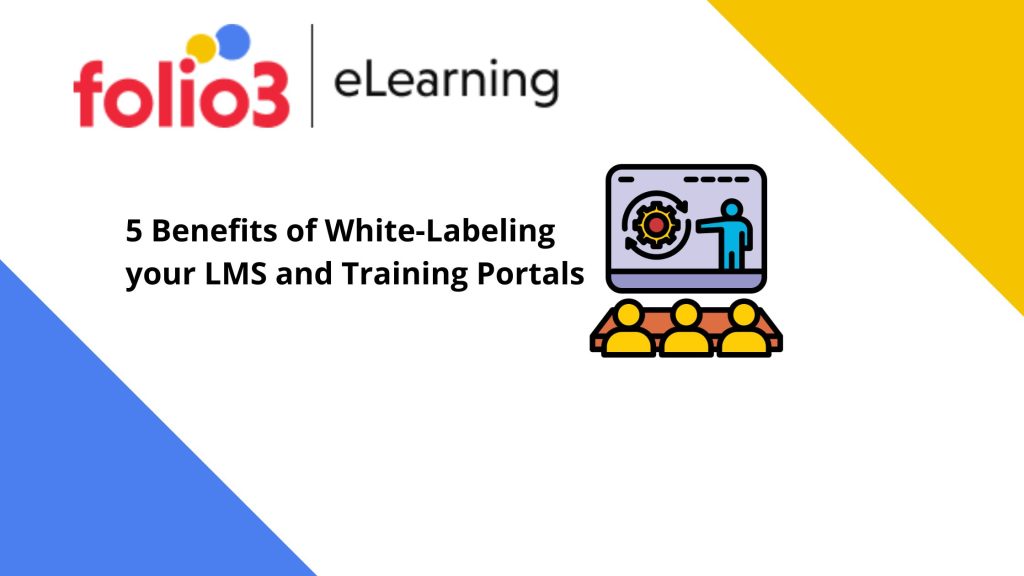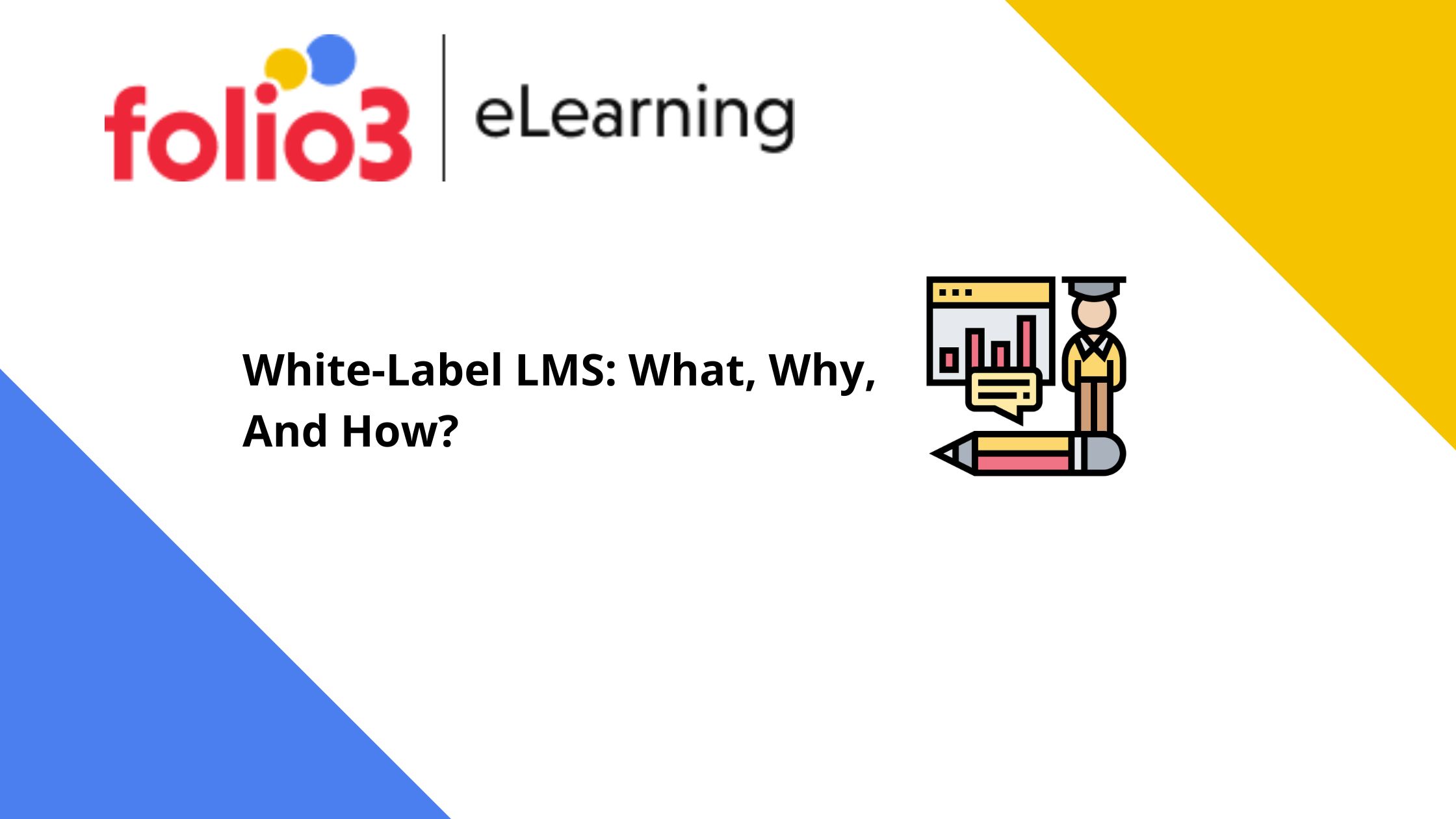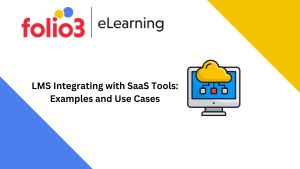
Introduction
Corporate branding was used to indicate a corporation had its own logo and unique letterhead in earlier times. Today, branding includes every element of a business’s public image, from its retail locations and office interiors to its websites, social media platforms, and product packaging.
Corporate branding can now be applied to any type of third-party online service that a business provides its employees, partners, or clients thanks to the development of Cloud services and Software as a Service (SaaS).
Your company is worth much more than just the goods and services it provides if you have built a strong brand. There are many businesses that provide high-quality training programs, but not all of them have a well-known name. Branding is one of the simplest ways to emphasize your value, whether you’re using a custom white Label LMS to train clients, partners, workers, or all of them.
The Executive Summary
What does this have to do with custom white Label LMS? This article will help you explore the 5 different Benefits of White-Labeling your LMS in the context of online training. This means putting your own branding and logo on an internet service, in this case, your online training portal.

What Does “white label” Mean?
Putting your own branding and logo on an internet service (in this case, your online training portal) is known as “white labeling.”
The name originated from commercial goods offered by various retailers under their distinctive trade dress in unbranded (“white”) packaging.
Many kinds of goods and SaaS services, from business ERP and CRM solutions to online learning platforms, are available for white labeling, as we mentioned in our opening.
It gets us to our main topic “benefits of White-Labeling your LMS.”
5 Benefits Of White-Labeling Your LMS
- Reflection Of The Corporate Brand
Your training portal should be a component of your brand identity whether it is utilized just within your corporate setting (for example, for new employee onboarding and employee training) or as a publicly visible portal for partner and customer training.
While an LMS with a custom theme feature can help you get close, a white-label LMS provides you full control over this process and lets you get rid of any vendor references in the domain name, user interface, or other materials.
- Maximize The Value Of Training
It seems cheap to learn on a platform where the vendor’s name and brand are advertised—almost like you’re using a demo version of a program. When they are enrolled in training, you want the audience to feel such as the stars of the show.
To make customers feel more committed and serious about enrolling in a program or course, portals let you customize and white-label the training environment. White labeling should be stressed much more if you sell B2B training because clients are paying!
- Addition Bundling
If you offer value-added eLearning solutions to specialized markets, white labeling enables you to give a distinctively branded end-to-end service without needing to undertake the challenging work of setting up your own fully functional LMS platform.
Instead, you may choose an established, market-leading white-label business training platform and concentrate on where you can give your clients the most added value (e.g. in content creation, integrations, training, support, etc.).
- Personalized Experiences
In addition to making training more entertaining for audiences, personalizing messages, language, UI, colors/theme, and other visual features of your platform can make learning new skills simpler. Also, white-labeling can support users in developing a sense of belonging and community while they are learning – similar to how high schools encourage school spirit and mascots to boost attendance and student participation at sporting events!
- Covers Up Vendor Ties
Several public-facing eLearning initiatives, such as those from NGOs, government agencies, and nonprofits, are unable or unable to disclose the names of the suppliers involved.
They may fully control the look, feel, and branding of their eLearning portals by using a white-label gateway.
Conclusion
By reflecting your corporate identity and aiding in the presentation of a more polished image to your clients and business partners, a custom white Label LMS platform enables your training portal to improve brand recognition.
Choose a Custom LMS development company that provides the best-suited custom white-label LMS that can link with your other websites without a hitch and allow you to modify your portal to suit your demands.











